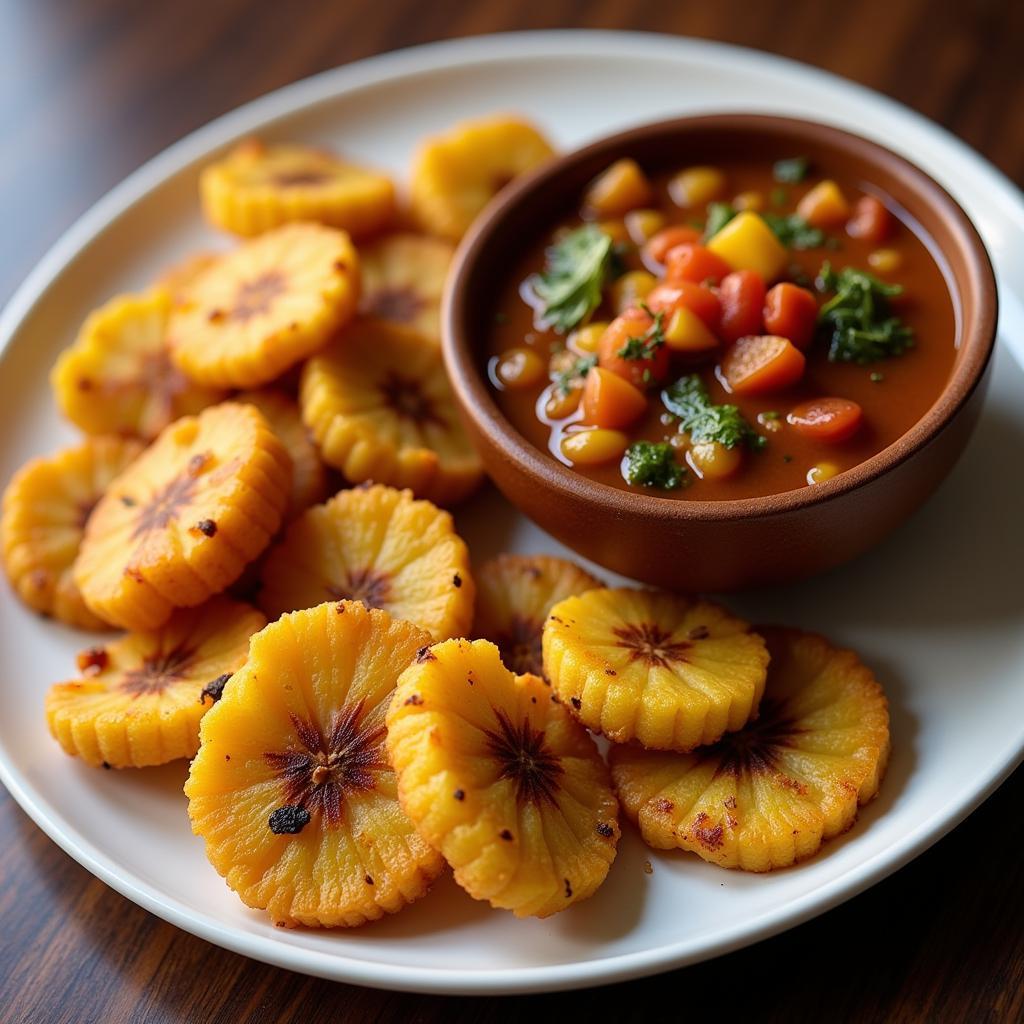Understanding African Kinships: More Than Just Family
African kinship is about far more than blood ties. It’s a complex system of relationships that shape daily life, from social interactions and economic activities to inheritance and decision-making. Understanding African Kinships requires looking beyond Western concepts of family and recognizing the diverse tapestry of traditions across the continent.
The Significance of Lineage in African Kinships
In many African cultures, lineage plays a pivotal role in defining kinship. Unlike the Western focus on the nuclear family, African kinship systems often emphasize extended family and ancestral connections. This emphasis on lineage fosters a strong sense of belonging and shared responsibility within a community.
Patrilineal and Matrilineal Societies: Two Sides of the Same Coin
African kinship systems can be broadly categorized as patrilineal or matrilineal. In patrilineal societies, lineage is traced through the father’s side, while in matrilineal societies, it’s traced through the mother’s side. This distinction impacts inheritance patterns, social standing, and even the roles individuals play within their communities. However, it’s crucial to remember that these categories aren’t absolute. Many African cultures embrace aspects of both patrilineality and matrilineality, creating intricate and nuanced kinship networks.
Beyond Blood: Exploring Different Forms of Kinship in Africa
While lineage forms the backbone of African kinship, it’s crucial to recognize that kinship extends beyond blood relations.
The Power of Chosen Families
Across Africa, “chosen families” play an important role. These are relationships based on shared experiences, mutual support, and deep emotional bonds, even without blood ties. From age-set systems, where individuals of similar ages form strong connections, to communities built around shared occupations or interests, chosen families demonstrate the fluidity and adaptability of African kinship systems.
Marriage and Kinship: A Complex Interplay
Marriage in Africa often serves as a powerful catalyst for expanding kinship networks. Polygamy, practiced in various forms across the continent, creates complex family units with interwoven relationships. Even in monogamous marriages, the emphasis on extended family means that in-laws become integral members of one’s kinship network.
“In many African cultures, welcoming your spouse’s family is like welcoming an extension of your own. The bonds of kinship are strengthened through these unions, fostering a spirit of unity and shared responsibility.” – Dr. Abena Otieno, Professor of African Studies, University of Nairobi.
The Enduring Strength of African Kinships in Modern Times
As Africa navigates the complexities of globalization and modernization, traditional kinship systems continue to adapt and evolve. While challenges arise, the core values of communal support, respect for elders, and a deep-rooted sense of belonging remain strong.
Navigating Urbanization and Migration
Rapid urbanization and migration patterns have led to shifts in family structures. However, even in urban centers, kinship ties continue to provide a vital source of support. Remittances sent back home, assistance with childcare, and the maintenance of strong connections with rural communities demonstrate the resilience of African kinship in the face of changing social landscapes.
Preserving Cultural Heritage Through Kinship
In a globalized world, African kinship systems play a crucial role in preserving cultural heritage. The transmission of oral histories, traditional knowledge, and customs from one generation to the next is often rooted in the strong bonds of kinship. By understanding and appreciating the complexities of African kinship, we gain a richer understanding of the continent’s vibrant cultures and their enduring impact on the world.
Conclusion
African kinship systems are diverse, dynamic, and deeply rooted in the continent’s history and values. They represent a powerful force that shapes social structures, economic activities, and cultural preservation. Understanding African kinships requires moving beyond Western frameworks and appreciating the intricate web of relationships that define family and community in Africa. By recognizing the enduring strength and adaptability of these systems, we gain a deeper appreciation for the rich tapestry of African cultures and their contributions to the world.


